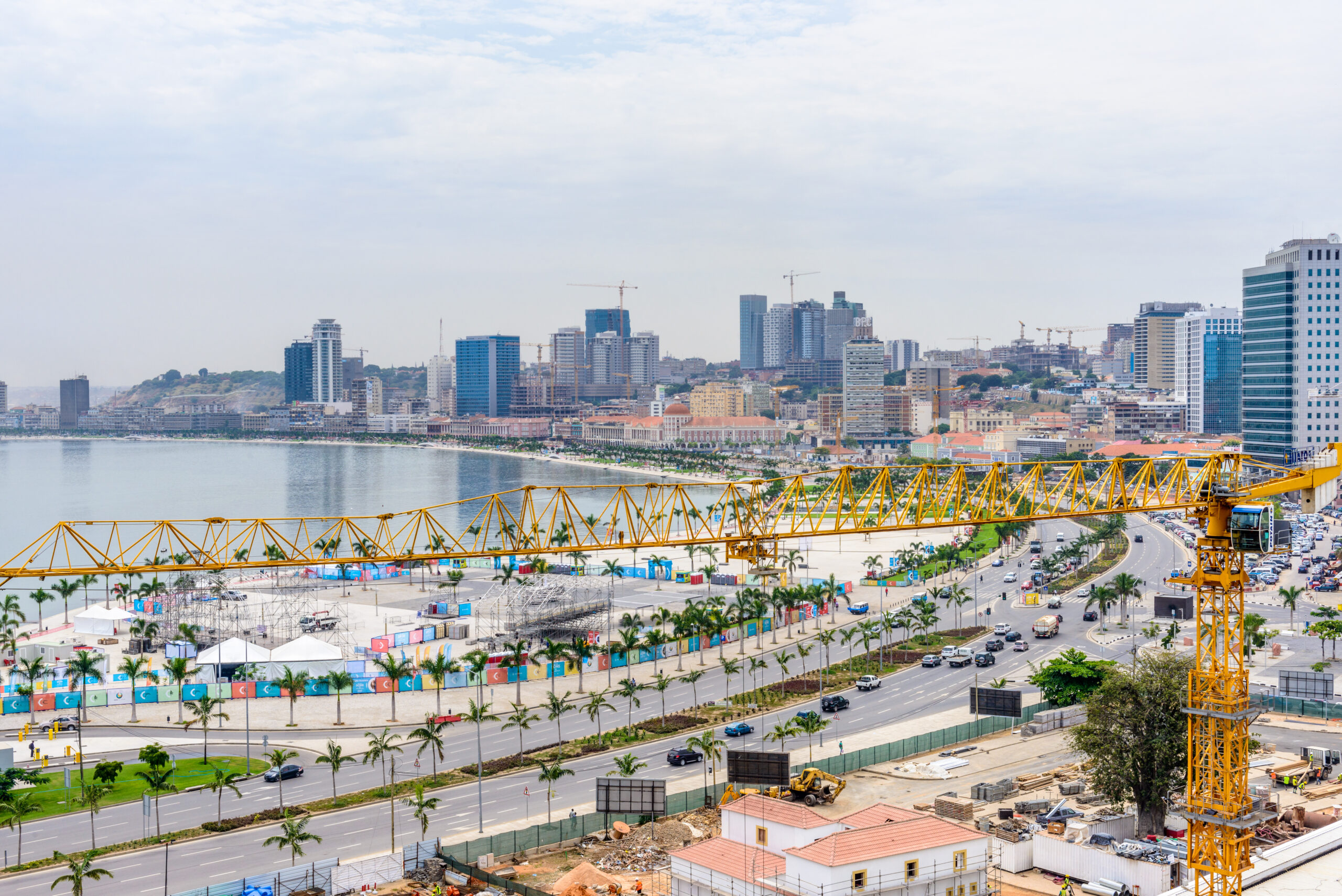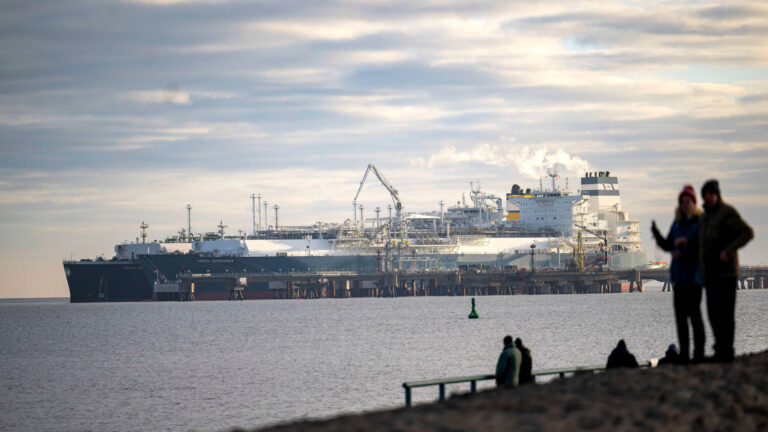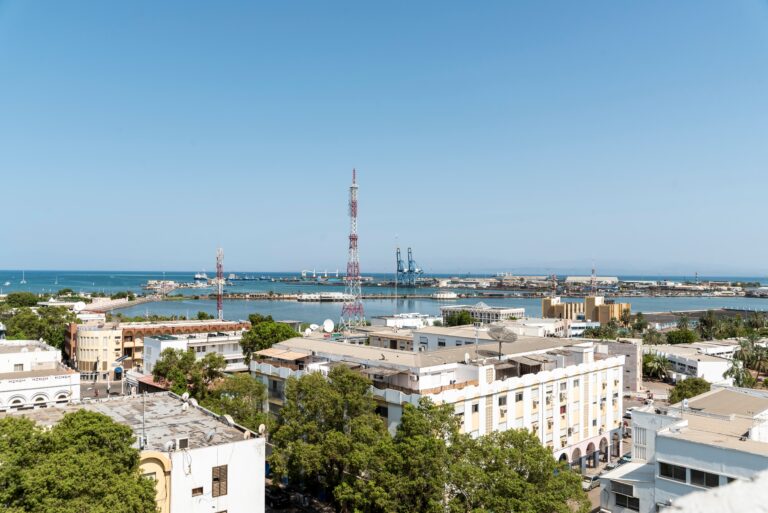Canada does not have an Africa strategy and desperately needs one. Otherwise, we risk being left behind as it becomes a continent of increasing economic and geo-political significance.
The federal government does recognize Africa’s strategic priority. In his 2021 mandate letter to the minister of international trade, Prime Minister Justin Trudeau stressed the need to develop “a strategy for economic co-operation across Africa.” Then, in 2023, Global Affairs reinforced the government’s commitment in its annual departmental plan.
However, a formal strategy has yet to materialize. The government has managed to produce a comprehensive Indo-Pacific strategy. Now, it’s time to develop and release a strategic approach for Africa, which must include a focus on infrastructure and engineering.
Canada’s engagement with the continent currently lacks breadth, nuance and co-ordination. Despite public consultations held throughout 2023, the Canadian public and African diaspora have lamented the lack of progress and made repeated calls for the government to act.
Recent public consultations by Global Affairs signal renewed movement and Foreign Affairs Minister Mélanie Joly has promised the new strategy will be unveiled by the end of the year.
This progress is essential because Canada cannot afford to sit still while the entire planet has a vested interest in the continent’s success.
By 2050, more than one-quarter of the world’s population will be in Africa and the continent’s working-age population will be steadily growing, while it will be declining in the rest of the world.
With the growing implementation of the African Continental Free Trade Agreement, it will soon be the largest single market in the world, ripe with opportunities for investment, partnership and collaboration.
Africa will also be a key player in the carbon-neutral world because it has the majority of the world’s potential for solar-energy generation, huge reserves of critical minerals for renewable energy technologies, and significant natural capital and carbon-reducing ecosystems.
Ottawa must pay particular attention to the opportunities the continent’s infrastructure presents and our unique value proposition in this space.

Canada is home to some of the world’s largest engineering companies and a number of the world’s best universities for engineering and technology. Africa’s infrastructure needs are great. The potential match is obvious.
Canada’s infrastructure and engineering sectors are among the best in the world and present unique opportunities that are still too often overlooked.
While there is plenty of competition, Canada can uniquely position itself as a complementary partner to its G7 counterparts by providing early-stage strategic planning, engineering and transaction advisory support.
Because we cannot match the major capital expenditures of China and the United States, our role must be in the early stages of project development – supporting projects to get off the ground, and ensuring local benefits and sustainability are designed into them from the outset.
In Africa, 80 per cent of planned infrastructure projects do not progress past the feasibility stage and only half of those reach financial close.
This is a significant gap where Canadian expertise in public-private partnership delivery models and emerging progressive and collaborative delivery models are uniquely valuable. The project preparation phase is where the greatest risk and uncertainty lies but also where there is the greatest opportunity.
Africa also faces a crucial funding gap for project preparation. By targeting this, Canada can leverage its expertise in project development to position itself and its engineering companies as key partners for African governments and infrastructure owners.
Strengthening partnerships with key institutions such as the African Union, the African Development Bank Group and regional development banks across the continent is the first step toward realizing this opportunity.
Canada already supports several multilateral initiatives focused on African infrastructure development. For example, Global Affairs recently joined the Private Infrastructure Development Group with a $45-million investment to support private-sector mobilization in Africa and Asia.
Canada’s G7 presidency in 2025 a chance to address two critical areas
As China courts Africa, Canada must rethink its Africa strategy
Strengthening Export Development Canada (EDC) and the Canadian Commercial Corporation (CCC) to expand their presence in Africa to support Canadian infrastructure and engineering services companies will be a key to unlocking the continent’s infrastructure market.
The EDC and CCC can play a definitive role in sourcing market opportunities for Canadian firms on the continent, de-risking infrastructure projects and providing catalytic financing to facilitate Canadian investment.
There is a growing movement within the G7 to support African infrastructure. The partnership for global infrastructure initiative – the G7’s response to China’s “belt and road Initiative” – aims to mobilize “hundreds of billions” of dollars to support infrastructure development in low- and middle-income countries.
Spearheaded by the United States, the initiative is already driving investment toward African infrastructure projects, most notably the Lobito Corridor. Canada must leverage this to shape G7 policy on infrastructure investment and facilitate opportunities for Canadian companies to participate.
Canada’s value as a strategic partner lies in its long-term and sustainable approach. While other players leverage their economic might and extensive capital, Canada must use its soft power, strong reputation and unique approach to build relationships and stimulate local economies.
The Canadian brand is strong in Africa, but underutilized. We have a unique value proposition and can position ourselves as a key partner for the continent’s leaders through our sustainable, neighbourly and respected approach to business, trade and development.
Doing so means investing in Africa for the long term in education, research and innovation, as well as capital infrastructure.
To do that, Canada must promote research partnerships and knowledge transfers between our leading academic institutions and African entities.
As well, expertise within leading institutions such as Infrastructure Ontario, Infrastructure BC and the Canada Infrastructure Bank can be shared with their African counterparts through knowledge exchanges and strengthened partnerships.
But without an effective African strategy, we will continue to operate without cohesion or direction and will continue to signal to Africa and its leaders that Canada is not a reliable partner.
Canada has a unique opportunity because of its 2025 G7 presidency to demonstrate that Africa is a strategic priority and to leverage that forum to shape G7 policy on African infrastructure.











